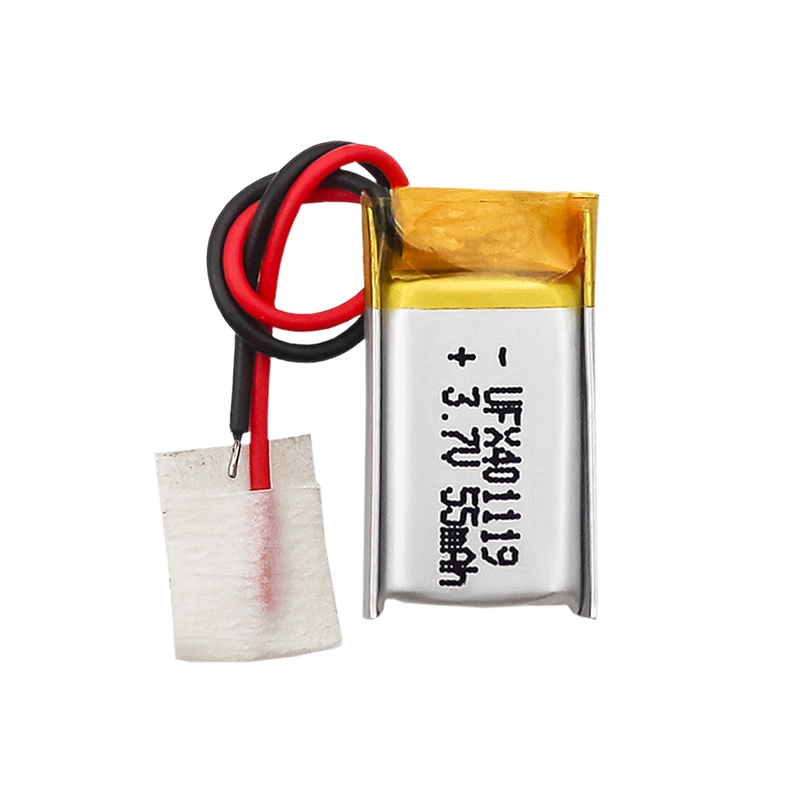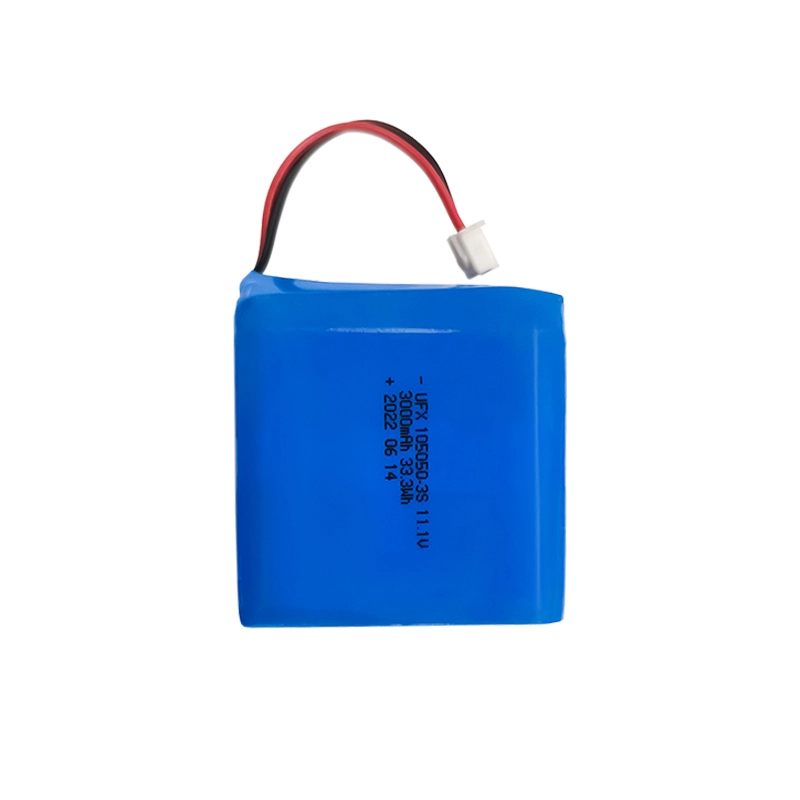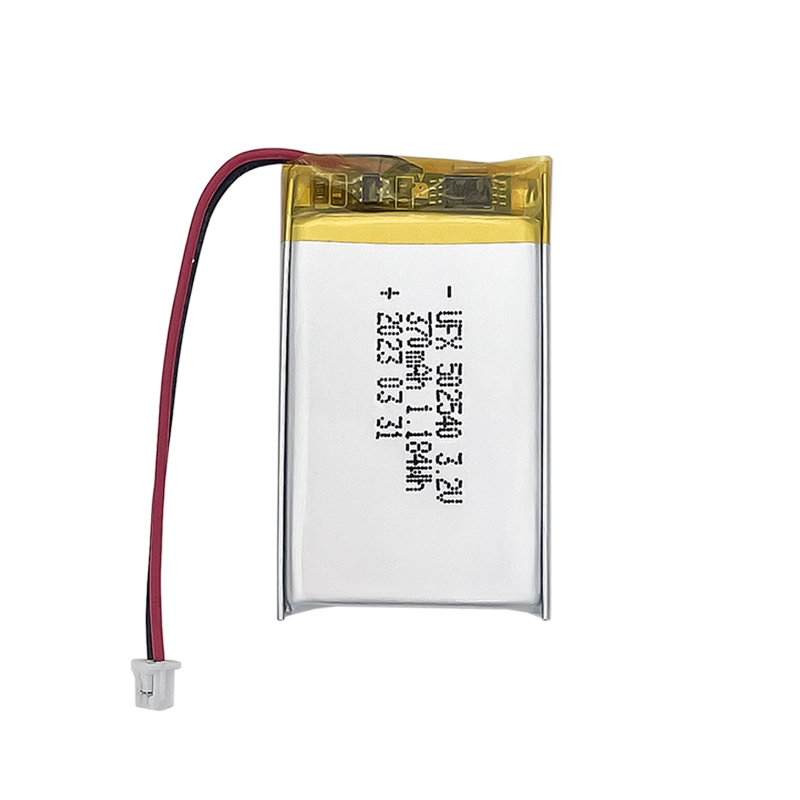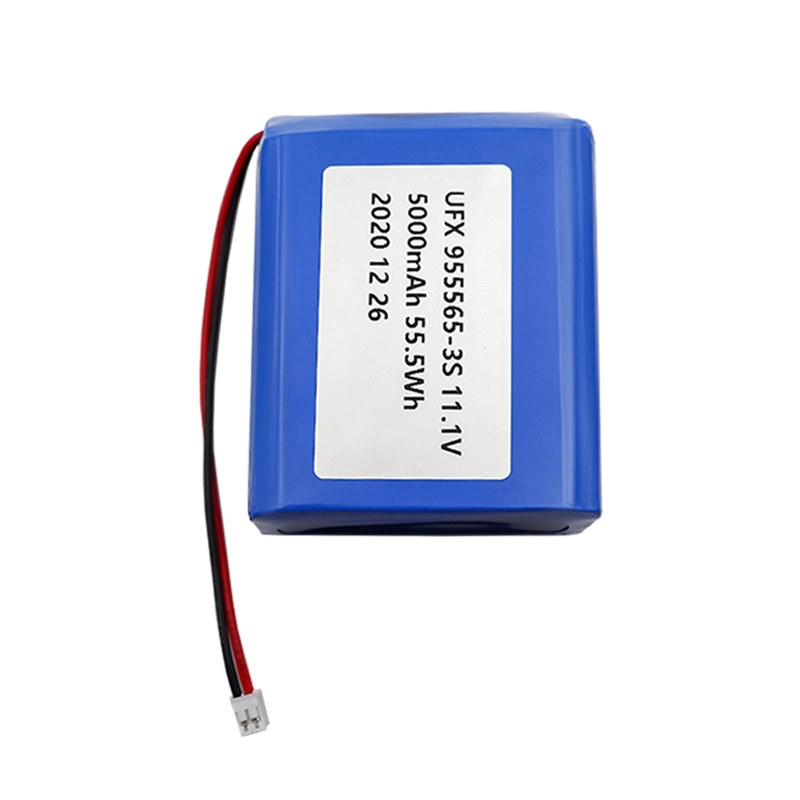
How Long Does An ECG Monitor Battery Last?
What is an ECG monitor?
Ecg monitor is an automated and intelligent instrument. It is mainly used to monitor the physical parameters of patients and plays an important role in ensuring the life safety of critically ill patients. ECG monitors are also the most widely used electronic equipment in hospitals.
ECG Battery
The battery used in an ECG monitor typically powers the device and enables its portable operation. The specific battery type can vary depending on the model and manufacturer. Commonly used battery types in ECG monitors include rechargeable lithium-ion or lithium-polymer batteries, as well as disposable alkaline or lithium batteries.
ECG monitor battery life
The battery life of an ECG monitor depends on various factors such as the capacity of the battery, the power consumption of the device, and the usage frequency. With regular use, the battery of an ECG monitor can typically last for several hours to a few days before requiring recharging or replacement. It is advisable to consult the manufacturer’s instructions or specifications for the specific battery life of the ECG monitor model you are using.
ECG battery maintenance
- Do not remove the ECG battery from the battery slot during monitoring work.
- If the monitor will not be used for a long time, please remove the battery.
- The battery should be optimized when using it for the first time. A complete optimization cycle is uninterrupted discharge, then discharge until the ECG monitor is shut down, and then uninterrupted charging (6 hours). During the use of the ECG monitor, optimization should be performed regularly to maintain its service life.
High Energy Density
It stores large amounts of energy in a smaller and lighter package
Longer Cycle Life
Withstands extensive charge and discharge cycles
Low Self-Discharge
Maintains power longer when not in use
Safety
Minimizes the risk of accidents and ensures safe operation
More Information About ECG Battery
-
Can the ECG monitor be recharged?
-
What battery does the ECG monitor use?
Latest Blogs
About Lithium Battery Industry News

Paper Battery vs. Flexible Battery: What’s the Difference and Which Is Better?
Paper vs. flexible batteries: learn the key differences, benefits, and which power source fits best for wearables, sensors, and smart tech.
2025/04/11 Ufine

What to Know Before Buying a Tiny LiPo Battery for Your Project
Tiny LiPo batteries are powerful and compact. Learn how to choose the right one for your project with specs, safety, and charging tips.
2025/04/11 Ufine

Bloated LiPo Battery: Will It Explode?
Will a bloated LiPo battery explode? Discover the causes, risks, safety steps, and expert tips to avoid disaster and protect your gear. Must-read safety guide!
2025/04/10 Ufine

12V 100Ah Lithium Ion Battery Price: Full Guide
Learn about 12V 100Ah lithium-ion battery price, from cost ranges to best brands, hidden fees, and how to get the best deal. A must-read for smart buyers!
2025/04/10 Ufine

Resistance and Conductivity: What It Means for Your Lithium Batteries
Resistance and conductivity impact lithium battery performance, lifespan, and safety—learn how they work and why they matter.
2025/04/10 Ufine

What Is a Semi Solid State Battery and Why Should You Care?
Semi-solid-state batteries combine safety and high energy density, making them ideal for EVs, electronics, and future energy storage.
2025/04/10 Ufine





